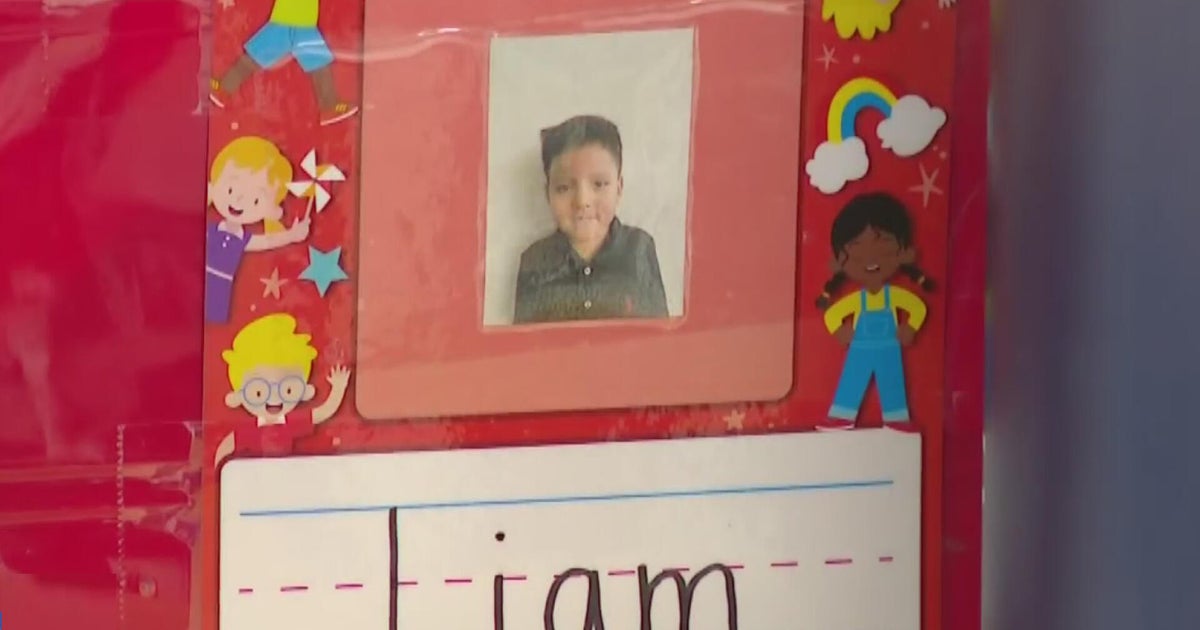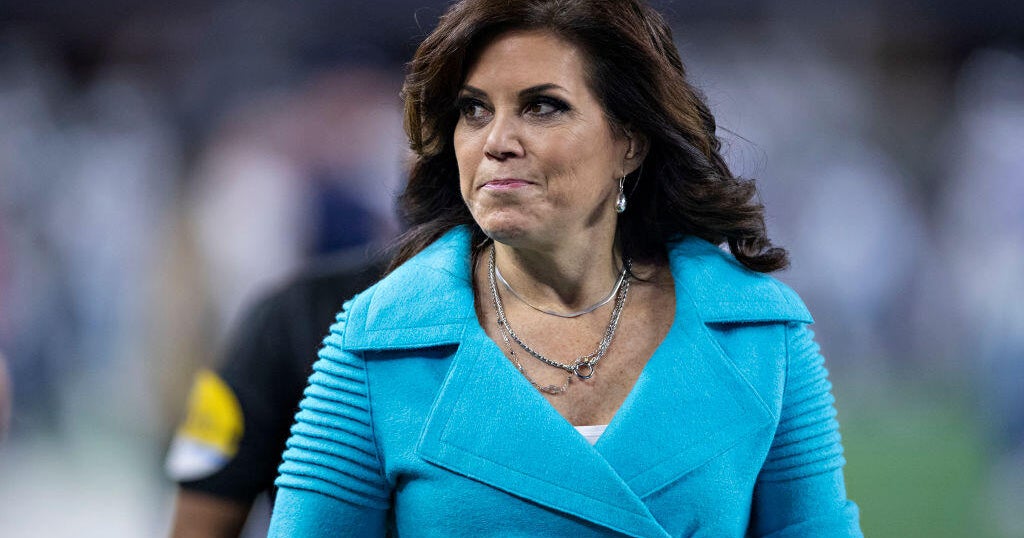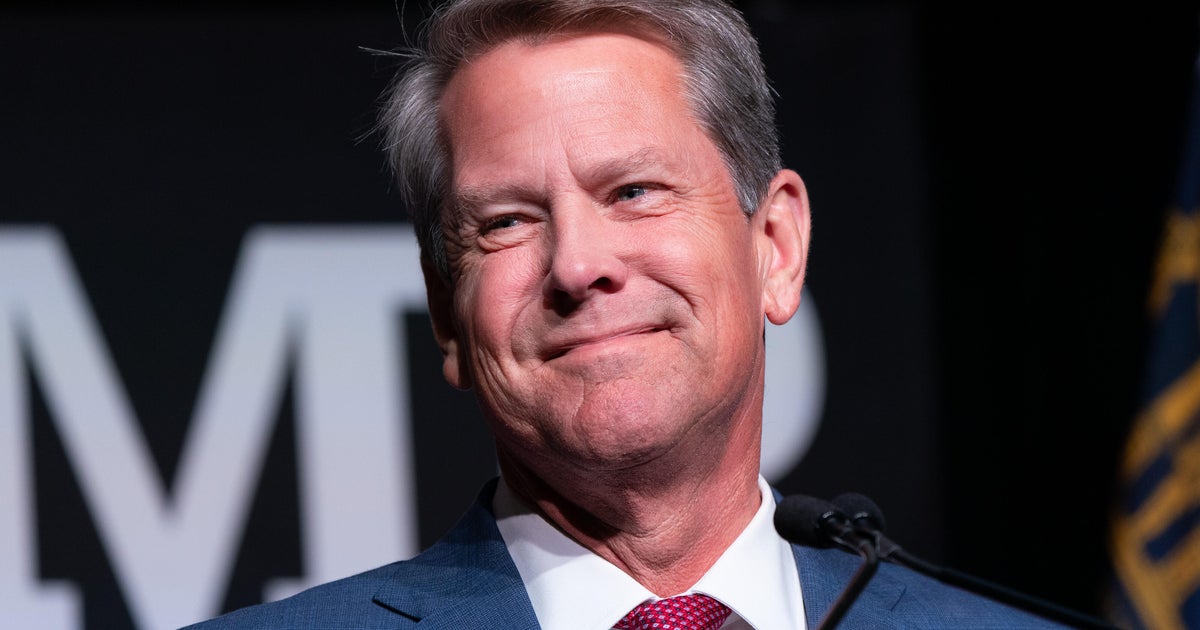"Lunch box tax cut": Minnesota Senate passes bill for free school meals for all students
ST. PAUL, Minn. -- Minnesota is inching closer to offering free breakfast and lunch in school for all students, regardless of how much money their parents make, after the state Senate approved legislation Tuesday.
"Feeding kids at school is the right thing to do," said Sen. Heather Gustafson, DFL-Vadnais Heights. "Being hungry makes learning almost impossible. There is no worksheet or assignment, test or project that will matter to a student who hasn't had anything to eat."
Schools must enroll in the federal program for free and reduced priced meals to qualify. Under this bill, the state would pick up the tab for the cost difference of covering everyone else who doesn't qualify, which is estimated to be $388 million in the next two-year budget. It increases after that.
The proposal makes permanent a pandemic policy that advocates say is crucial to curbing child hunger. The vote was 38-26, with some Republicans joining Democrats in voting yes.
Gustafson gave this example to capture the impact on family budgets: she said parents in White Bear Lake with two children would save more than $1,800 per school year under "universal" meals plan.
"Everyone in this chamber campaigned on putting money back into the pockets of families we represent. That's what this bill will do," she said. "Look at it like a lunchbox tax cut—it gives money back to families."
One in four food-insecure children don't qualify for support under current federal programs, according nonprofit group Hunger Solutions Minnesota. Visits to food shelves hit a record high last year, exceeding the height of the pandemic in 2020.
This bill needs to go back to the House to concur with some different language, which was amended in Senate committee, before going to Gov. Tim Walz, who is expected to sign it.
The program could be operational by summer school in July.
Republicans on the Senate floor attempted to tack on amendments, including one that would set an income cap of $500,000, at which threshold a student would be ineligible for free meals.
Sen. Zach Duckworth, R-Lakeville, who ultimately supported the legislation and voted yes, sought to table the bill to be considered in a broader education package so lawmakers could weigh the needs of all the state's priorities—many of them with a large price tags.
"What we don't have here is a disagreement that there is a need that should be served. What we do potentially have a disagreement about is how to go about doing that," he said.
California, Maine and Colorado have taken similar steps to provide universal school meals, according to the National Conference of State Legislatures.
Some schools already have universal meals because they qualify for what's known as Community Eligibility Provision, which covers the cost for everyone when more than 62% of students are eligible for the free and reduced-price program.
Rep. Sydney Jordan, DFL-Minneapolis, who authored the House version, told reporters in a news conference in February the school meals bill "maximizes federal funding."








